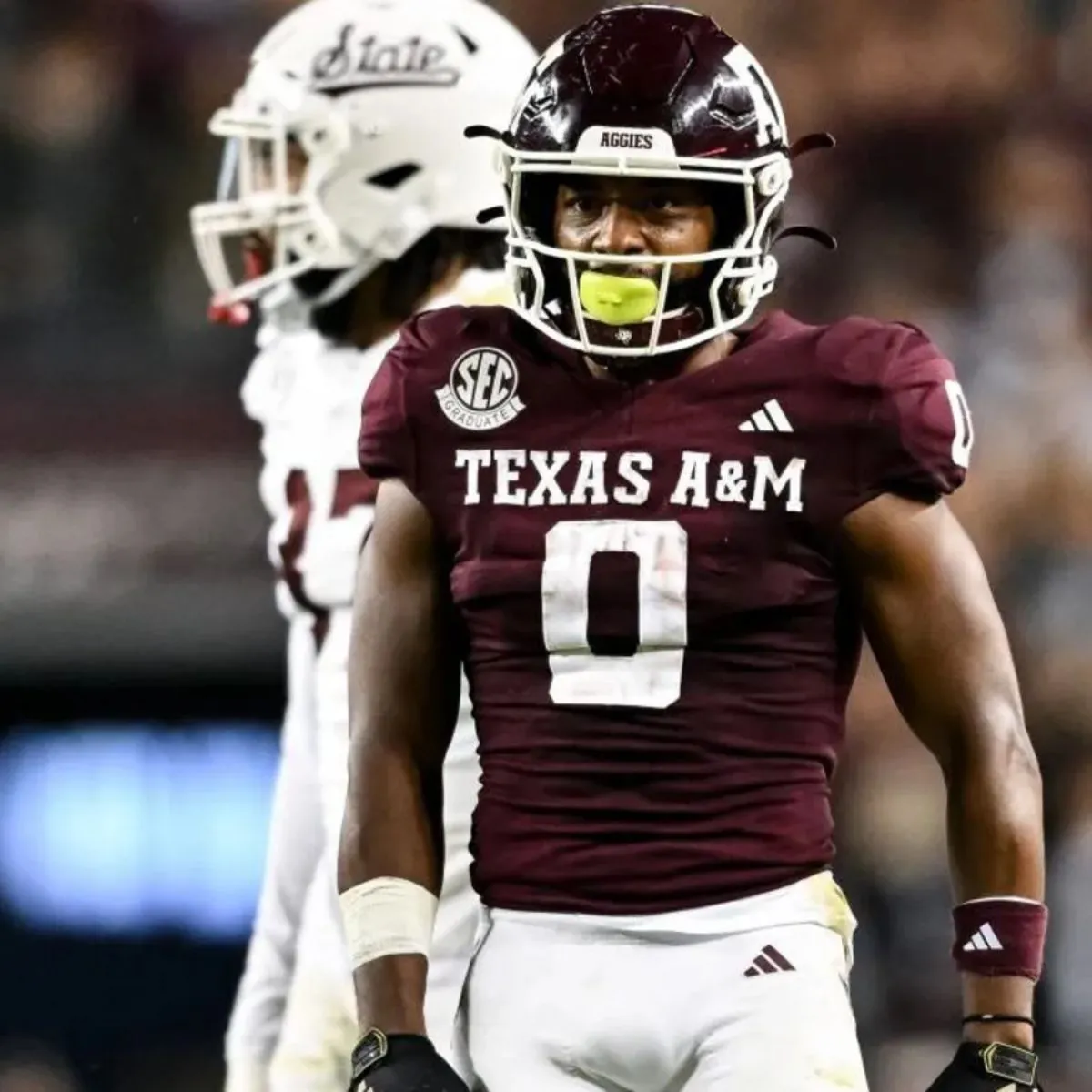With Leon Draisaitl's long-term contract in Edmonton figured out, the fate of New York Rangers goaltender Igor Shesterkin remains the most consequential storyline for any pending unrestricted free agent.

The goaltender is in the final year of a contract that carries an incredibly team-friendly $5.67 million cap hit.
The next deal will not be so favorable to the Rangers, though.
Shesterkin is playing it cool publicly and there is no reason to think he is looking to move on, but retaining him will require a significant pay jump.
Mollie Walker of the New York Post reported in June that the 28-year-old has floated a $12 million annual asking price. The final number is unlikely to be that high, but it should still make him the highest-paid goaltender in the NHL.
The Rangers, for their part, lack any sort of real leverage. That's true because Shesterkin is the best goaltender in the NHL, and he would have no problem finding multiple teams willing to pay him what he wants.
However, the greater issue for New York is not just that the Russian is the best goaltender in the NHL. Lots of teams have won the Stanley Cup without Vezina-caliber, or even good, goaltending. In the case of the Blueshirts, though, their theory of success fundamentally depends on his existence.
The data revolution in hockey has revealed some reliable trends. Chief among them being a team's long-term success is often correlated to expected goals.
Last season, the Oilers and Panthers finished first and second in the league, respectively, per Evolving Hockey. The ideal Stanley Cup matchup rarely happens, but it's common sense that the teams that generate lots of scoring chances for themselves and allow few against are going to win more than they lose.
The New York Rangers won the Presidents' Trophy and made the Eastern Conference Final last year despite finishing 11th in expected goals and, more drastically, 23rd at five-on-five. Variance can account for a weird outcome in one game, a month or even a full season, but the Rangers have long proved to be an outlier, ranking fourth in the NHL by wins over the last three seasons despite constantly losing the expected goals battle.
There are other reasons for that success, such as elite special teams play and high-end finishing. By far the biggest is Shesterkin.
Over the past three seasons, he ranks second to Connor Hellebuyck in total goals saved above expected (82.4) and second to Frederik Andersen by save percentage above expected (minimum 1,000 shot attempts faced).
In the playoffs? Shesterkin is even better, lapping the competition by both metrics. It might be enough to say that the 2022 Vezina Trophy winner is the best goaltender in the NHL, but his fit in New York goes even farther.
The Rangers do the bulk of their winning by rope-a-doping the competition; the other team will spend a lot of time in their end and try to break them down. Traditionally, this will eventually work. Goalies eventually crack under the barrage, but not Shesterkin.
Like his predecessor, Hall-of-Famer Henrik Lundqvist, his performance is unusually correlated to the amount of action he sees. Yes, Shesterkin can make highlight-reel saves, but he's at his best when dealing with quantity.
There's no better depiction of this phenomenon than the Rangers' last two playoff series against the Carolina Hurricanes.
The 'Canes are probably the best NHL team at generating offense through persistence and high-volume shooting, but Shesterkin left them exasperated both times. There's a comic-book trope about a villain who gets stronger the more hits he takes. That's the Rangers netminder.
Thus, it's not only that Shesterkin is elite, but he is also elite specifically in the way the Rangers' playing style demands. He erases the deficits of being outattempted by the opposition and buys the team enough time to capitalize on its own terms.
Comedian Jimmy Carr has a joke about how a fan once told him his girlfriend wouldn't be with him if he wasn't famous. "But I am famous," he replies.
Likewise, the Rangers would not be able to win in this manner without a goaltending savior. They do indeed have him, and that makes them an analytical anomaly.
Often, goaltenders are products of a good system. In New York, the goaltender—this specific goaltender—is this system. Shesterkin is surely aware of this, as is his agent, and he will expect to be paid accordingly.
New York general manager Chris Drury is at his franchise goaltender's mercy. Perhaps he could convince him to shave a few dollars out of loyalty and for the sake of roster-building. Beyond that, once the Russian sets his price, the Rangers' only true options will be to give him what he wants or cut ties.
Suppose one insists that $11 million-plus is too much to afford to a goaltender. Maybe the argument is that netminders are historically volatile and prone to injury-derailing performances once they hit their 30s.
If that's the Rangers' thinking and they choose to move on from Shesterkin, then fine. In such a case, it must be accompanied by a near-teardown of the team as it exists. A total rebuild would not be necessary as there are a some great young players on the roster already.
However, this group, as currently constructed, is going nowhere with anything less than superlative goaltending. Remove Shesterkin and the observable paths to a Stanley Cup evaporate.
Teams can win with lesser goaltending, but not this one. Not this roster that, for years and under three different head coaches, has sat in the bottom-third of the NHL by even-strength scoring chance ratios. A few million in cap savings will not change that.
The far likelier outcome is that New York bites the bullet and pays Shesterkin a number that invokes a lot of sticker shock but nonetheless proportionally reflects his value to the team.
If the Rangers want to keep their contention window open for the near future, it's the only choice they truly have.

-1717472288-q80.webp)

